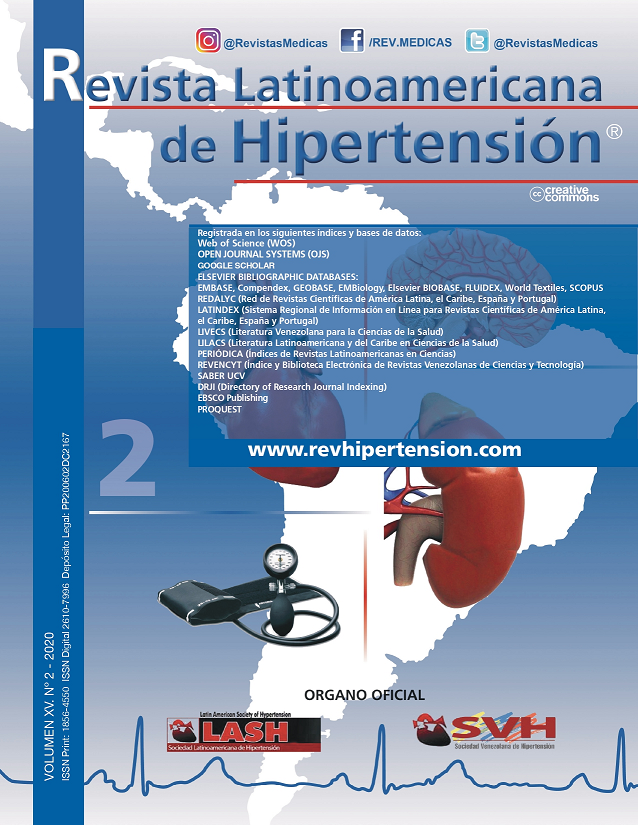Investigating the prevalence of menopausal complications and its related factors in women referred to Shahroud Health Centers in 2014
Palabras clave:
Menopause, Psychological Complications, Physical Complications, Shahroud Health Centers.Resumen
Introduction and Objective: Epidemiological studieshave shown that 65-85% of women experience menopausalcomplications. These complications can cause illnessand disability, and decrease women’s quality of lifeand endanger the health of the family and society. Therefore,it is important to address menopause and preventand treat menopausal complications. The aim of this researchwas to investigate the most common menopausalcomplications and related factors in Shahroud.Methodology: This descriptive cross-sectional study wasperformed on 350 women referred to Shahrood healthcenters in 2014. A questionnaire including demographicvariables, age and duration of menopause, weight, andbody mass index (BMI) was used for data collection. Datawere analyzed using descriptive statistics and inferentialtests through SPSS software.Results: According to the results, 79.1% of patientshad psychological complications, 61.1% had skin complications,51.7% of them had urogenital complications,70.9% had cardiac complications, 54% had musculoskeletalcomplications, and 82.6% had hot flashes. Hotflashes (82.6%) and psychological complications especiallyhopelessness (82.57%) and depression (80.28%) werethe most common menopausal complications.Conclusion: According to the results, although menopauseis a physiological process, the changes that occurin a woman during this period have a negative effect onher temperament and cause depression and anxiety; fordecreasing the rate of depression and increasing quality oflife, adaptation is needed. Moreover, adequate awarenessshould be given.Descargas
Los datos de descargas todavía no están disponibles.

